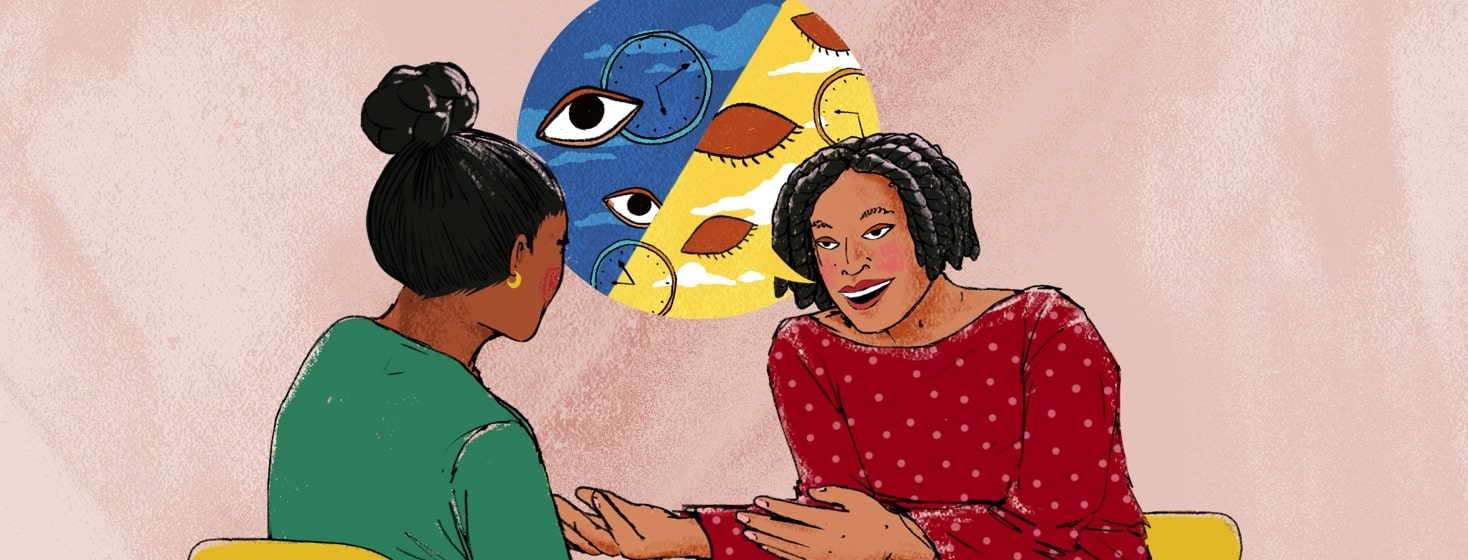Can’t Sleep, Can’t Stay Awake
When I explain to people that I have narcolepsy, one common way people like to respond is by saying, “Wow, I’d love to be able to sleep all of the time!”
Little do they know, living with narcolepsy means that sleep comes when it shouldn’t. Sleep comes for us in the moments of our lives where it is least welcome. And perhaps even more painfully, sleep evades those of us with narcolepsy when we need it the most!
It's time people understood narcolepsy
Misconceptions about the nature of narcolepsy and sleep can fuel underlying stigmas around our condition. People may look at us as if we are lazy, or unmotivated, because of our tendency to sleep during the day when we “should” be awake.
But narcolepsy is characterized by the brain’s inability to control the sleep and wake cycle. Primarily, this means that it is not our fault when we suddenly fall into sleep. Fighting neurochemistry with “willpower” is not possible! People suffering from seizures know this, too. It’s time the rest of the world caught up.
Not being able to sleep at night due to narcolepsy is also a common symptom that many of us face. It is downright painful to experience insomnia while feeling exhausted due to our chronic lack of deep sleep. Thus, experiencing insomnia while also experiencing this unending intense fatigue can be tortuous! And for us, it never ends.
Drifting in and out of sleep
Sometimes I lay in bed at night, exhausted, waking up every fifteen minutes because of my brain chemistry not allowing me to stay asleep. Then, the next day I am so sleepy that I am not able to participate in life fully, drifting into and out of sleep against my will.
So, like many things in life, living with narcolepsy is not as simple as it seems. Effective treatments must be catered toward decreasing the various symptoms of narcolepsy. Ignoring one symptom over another is ineffective, in my experience.
Personally I require medications for each of my major symptoms - an SNRI for my cataplexy, Wakix and scheduled daytime naps for my excessive daytime sleepiness, as well as Baclofen and cannabis edibles for sleeping at night. Without each piece of the treatment puzzle, life as I know it falls apart.
Narcolepsy is exhausting
I am grateful to be far enough along in my treatment journey that I am able to have a steady treatment plan that works well enough for me. Although my symptoms are merely decreased rather than erased, any improvement that I have in quality of life is worth it to me.
I wish that more people understood how difficult living with narcolepsy is. Daytime naps are medication. Oftentimes they are completely non-consensual. So keep that in mind before telling a person with narcolepsy that they are lucky for getting to sleep so much! Narcolepsy isn’t playtime for us - it is a debilitating brain disease.

Join the conversation